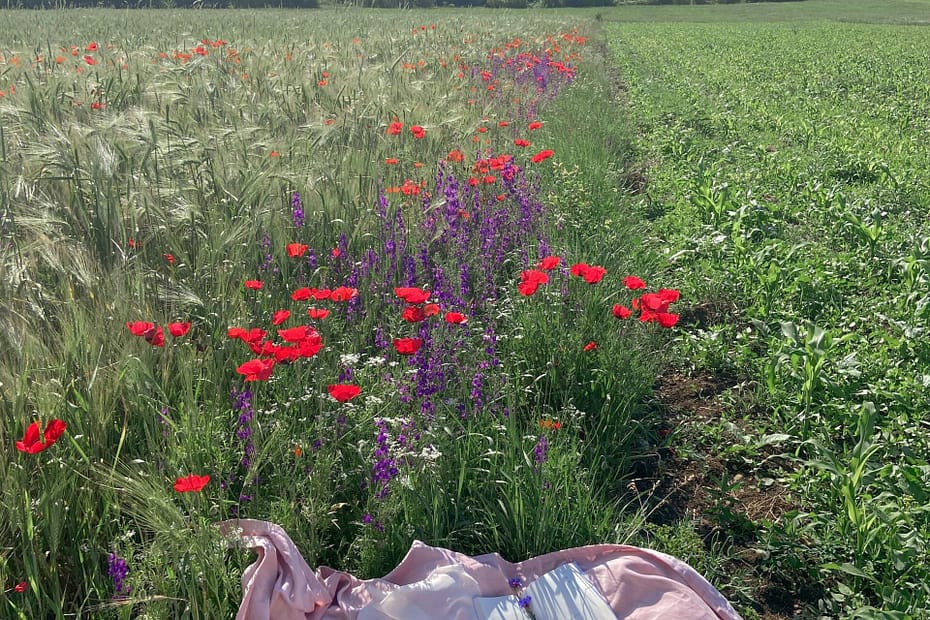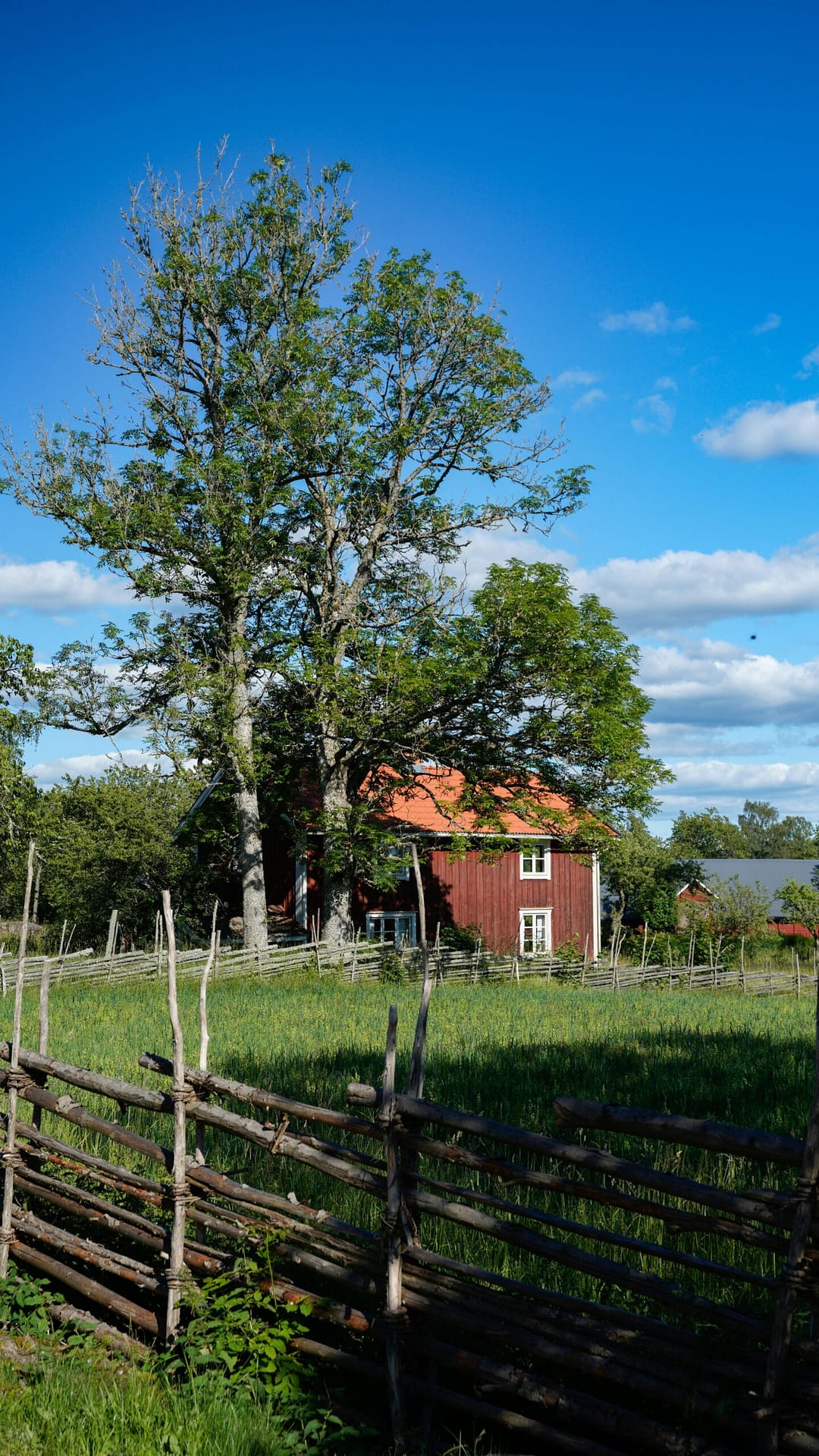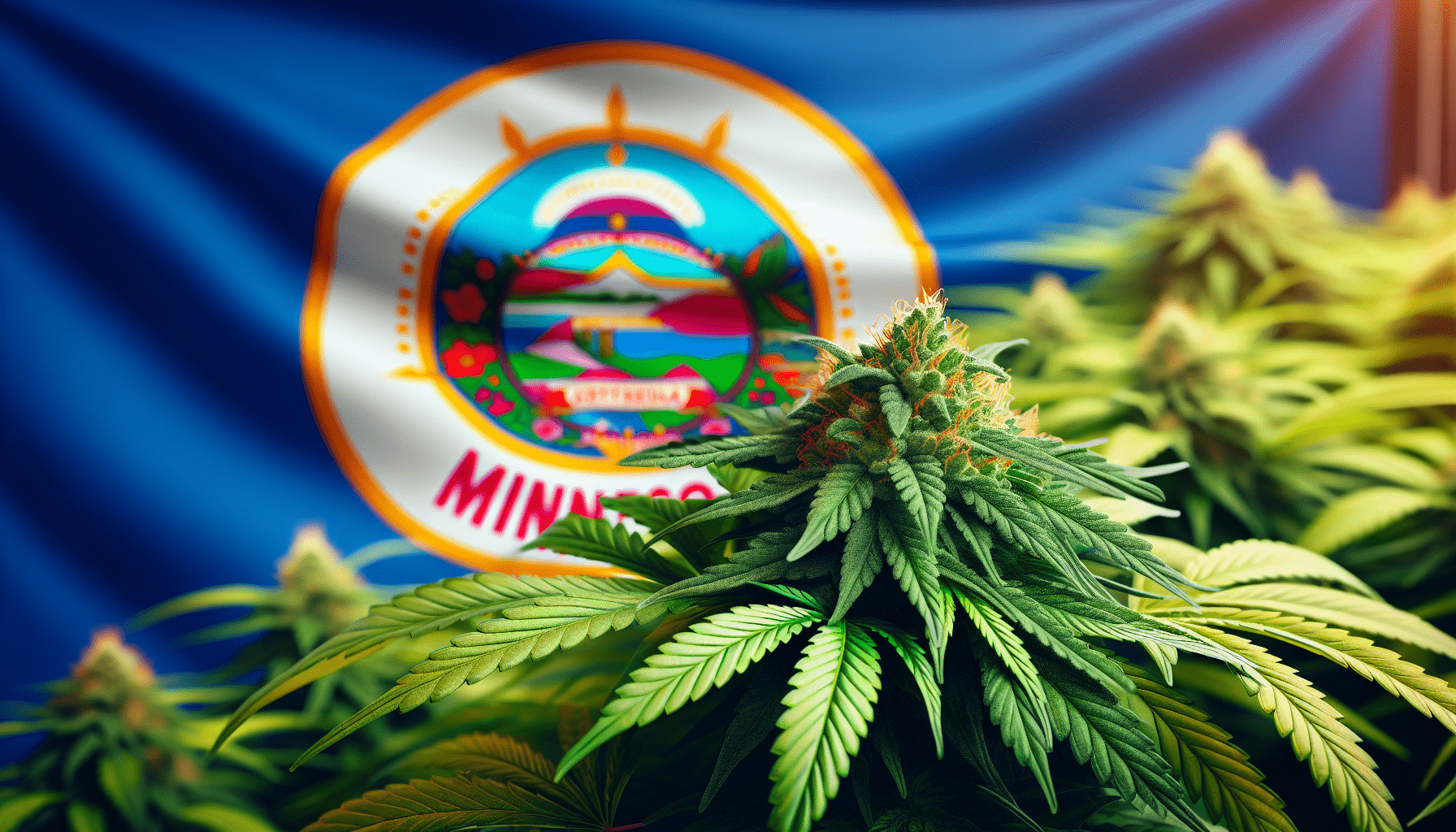What Licenses Are Required For Cannabis Cultivation In Minnesota?
You may be interested in getting into the cannabis cultivation industry in Minnesota, but navigating the complicated world of licensing can be overwhelming. In order to legally grow cannabis in Minnesota, you must obtain the necessary licenses required by the state. Let’s break down what licenses are needed for cannabis cultivation in Minnesota.
Types of Licenses Available
Before you can start cultivating cannabis in Minnesota, it’s important to understand the different types of licenses available. Each license serves a specific purpose and comes with its own set of regulations and requirements.
Cultivation License
The most basic license you will need to start growing cannabis in Minnesota is a cultivation license. This license allows you to plant, grow, harvest, and process cannabis for sale. Depending on the size and scope of your operation, you may need different tiers of cultivation licenses.
Processing License
In addition to a cultivation license, you will also need a processing license if you plan to process cannabis into products such as oils, edibles, or topicals. This license allows you to manufacture, package, and label cannabis products for distribution.
Retail License
If you plan to sell cannabis and cannabis products directly to consumers, you will need a retail license. This license allows you to operate a storefront where customers can purchase cannabis products for personal use.
Application Process
After determining which licenses you need for cannabis cultivation in Minnesota, you will need to go through the application process. This process can be time-consuming and requires a lot of paperwork, but it is necessary in order to operate legally in the state.
Application Requirements
Each type of license has its own set of application requirements, but there are some common documents and information you will need to provide for all license types. This may include proof of residency, financial documents, and a detailed business plan.
Background Checks
As part of the application process, you will be required to undergo a background check. This is to ensure that you have a clean criminal record and are not barred from participating in the cannabis industry due to past convictions.
Application Fees
Along with the application itself, you will need to pay a non-refundable application fee. The amount of the fee will vary depending on the type of license you are applying for, so be sure to budget accordingly.
Regulatory Compliance
Once you have obtained the necessary licenses for cannabis cultivation in Minnesota, you will need to ensure that you remain in compliance with the state’s regulations. Failure to comply with these regulations can result in fines, penalties, or even the loss of your license.
Seed-to-Sale Tracking
One of the most important regulations you must follow as a cannabis cultivator is seed-to-sale tracking. This system requires you to track every plant from the moment it is planted until it is sold to a consumer. This helps prevent diversion of cannabis to the black market and ensures that all products are safe for consumption.
Security Measures
To prevent theft and diversion of cannabis, you will need to implement strict security measures at your cultivation facility. This may include surveillance cameras, alarm systems, and secure storage for cannabis products.
Compliance Audits
Periodically, the state may conduct compliance audits to ensure that you are following all regulations. It’s important to keep accurate records and be prepared for these audits at any time.
Local Regulations
In addition to state regulations, you will also need to comply with any local regulations that apply to cannabis cultivation. This may include zoning laws, building codes, and restrictions on where you can operate your cultivation facility.
Zoning Laws
Before you can start growing cannabis, you will need to make sure that your facility is in compliance with local zoning laws. Some areas may have restrictions on where cannabis cultivation is allowed, so it’s important to research this before you start your operation.
Building Codes
Your cultivation facility must also meet all local building codes to ensure that it is safe for both employees and the community. This may involve making modifications to your facility to bring it up to code.
Community Outreach
It’s also a good idea to engage with the local community and address any concerns they may have about your cultivation facility. This can help build goodwill and prevent any potential conflicts with neighbors.
In conclusion, obtaining the necessary licenses for cannabis cultivation in Minnesota is a complex process that requires careful planning and attention to detail. By understanding the different types of licenses available, completing the application process, and remaining in compliance with state and local regulations, you can successfully operate a legal cannabis cultivation facility in Minnesota.




